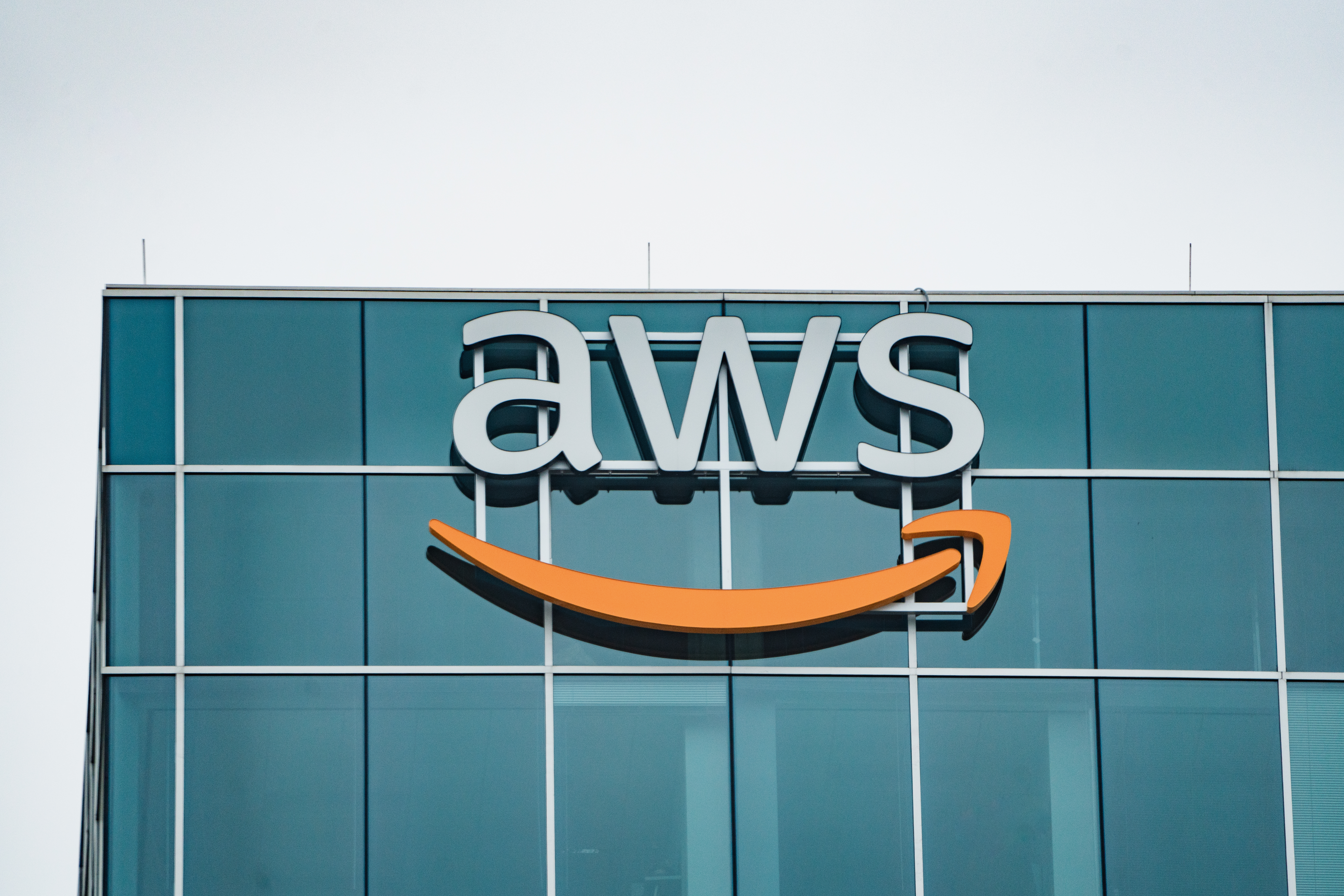The recent major disruption to Amazon Web Services (AWS) should have been a full-blown wake-up call for all businesses. From banking apps and government portals to entertainment platforms and ecommerce services, businesses across the UK experienced unexpected downtime after AWS suffered a serious technical failure. It’s yet another reminder that even the biggest names in tech aren’t immune to disruption, and why business continuity should be a priority for every organisation. This AWS outage in the UK shows how quickly essential services can be disrupted.
What Actually Happened?
The outage stemmed from AWS’s US-EAST-1 region, a key data centre that handles a significant portion of global web traffic. Issues with core services such as DNS and DynamoDB led to widespread failures and slowdowns.
The impact was immediate and far-reaching. High street banks like Lloyds and Halifax went dark. HMRC systems became inaccessible. Vodafone, Xbox, and even Amazon’s own services were hit. Although it doesn’t appear to have been a cyberattack, the consequences were just as disruptive. Many organisations were surprised by how much the AWS outage UK event affected their operations.
Why This Outage Matters Even If You Don’t Use AWS UK
It’s tempting to think: “We don’t use AWS, so we’re fine.” But many platforms and services your business does rely on probably do.
Cloud-based tools, customer-facing apps, and integrated third-party systems can all be affected indirectly by infrastructure outages. And when they go down, the knock-on effects can be serious:
- Loss of productivity – Staff can’t access essential tools or files
- Customer dissatisfaction – Downtime damages your brand’s reputation
- Potential data risks – If backups and failovers aren’t watertight
What’s more, other major cloud providers like Microsoft Azure and Google Cloud aren’t immune either. Outages aren’t a matter of if, but when.
Three Takeaways for UK Businesses
If you’re a decision-maker in a small to mid-sized business, this is the time to stop and ask: How resilient are we, really?
Here’s where to start:
1. Create (or review) a Business Continuity & Disaster Recovery Plan
A strong BCDR strategy is your first line of defence against outages. It ensures operations can keep running or recover quickly when tech fails.
2. Don’t put all your eggs in one basket
Relying on a single cloud provider or platform creates a single point of failure. Where possible, adopt a multi-cloud or hybrid approach to spread the risk.
3. Test your backups regularly
Backups are only useful if they work. Test them often to make sure they can be restored quickly and securely in a crisis.
Resilience is our Bread and Butter
At Dial A Geek, we’ve helped over 1,000 businesses in Bristol and across the UK build more resilient IT systems. Our Protect & Grow Managed Service plans are designed to keep your business running smoothly no matter what.
Here’s how we help:
- Ongoing cyber security monitoring to spot threats before they become incidents
- Strategic IT advice to future-proof your operations
- Reliable cloud backup and recovery for when the unexpected strikes
- Support from a friendly Bristol-based team who genuinely understand your business
Final Thoughts
The AWS outage is a reminder that even trusted infrastructure can let you down. But with the right planning, your business doesn’t have to go down with it.
If you’re unsure how your business would cope during a major outage, now is the time to take stock.
Book a chat with Gildas Jones to explore how Dial A Geek can help you build long-term IT resilience and protect your reputation while growing sustainably. Call us on 0117 369 4335 or book your meeting today.

